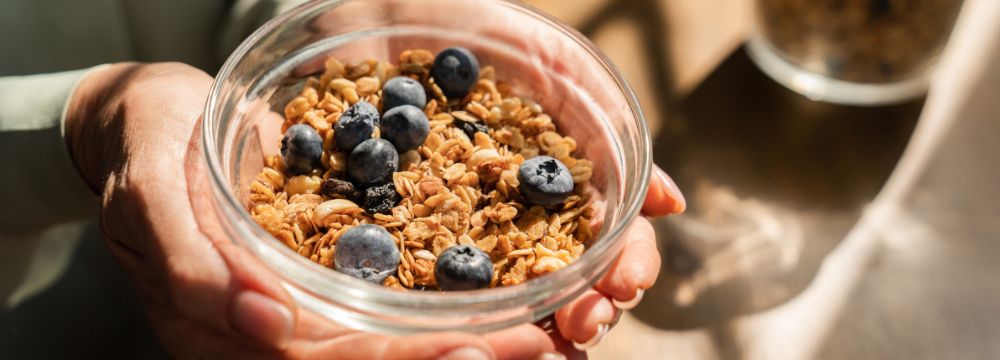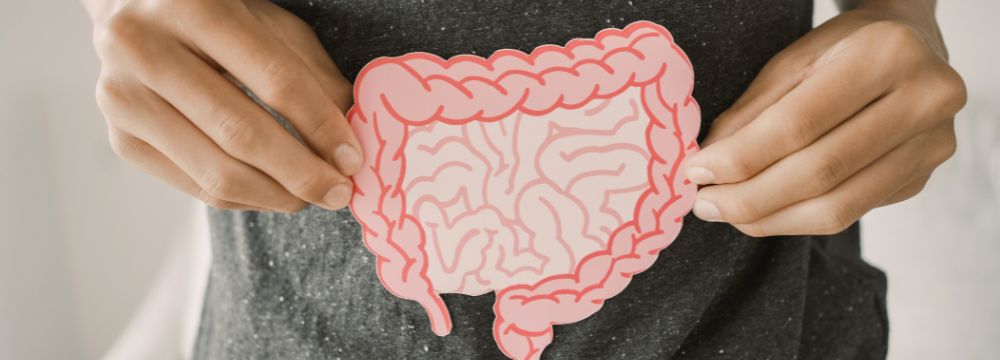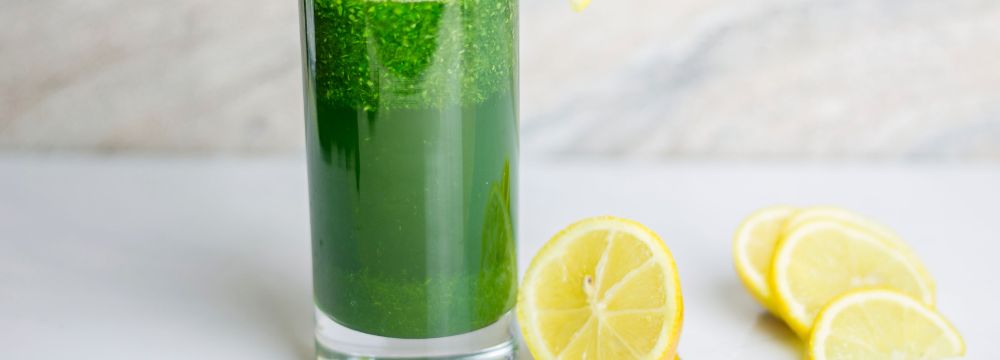Colon health is a big part of overall health. Not only are some of the diseases of the colon extremely disruptive, but many are preventable. In fact, colon cancer rates have increased as we, as a society, have increased our consumption of processed foods, refined sugars and empty carbohydrates. During the same time, our consumption of colon healthy fiber has decreased radically alongside lower consumption of whole, natural fruits and vegetables.
A common question problem therefore is that we, as Americans, simply don’t get enough fiber. Sitting down recently with Dr. Crean, he made a short but important statement: Just about everybody should be supplementing with fiber.
Why Is That?
Fiber has a long list of benefits. First, it fills us up and keeps us full for longer. This reduces the risk of overeating throughout the day, which can result in additional weight and a host of associated issues. Second, fiber acts as a “scraper” in the colon, collecting waste matter and pushing it through the colon more effectively and efficiently. Regular bowel habits can improve, eliminate or prevent a number of colorectal conditions including constipation, hemorrhoids, diverticulitis and more.
How Should I Take My Supplements?
There are a number of appropriate fiber supplements. Ideally, of course, our diets would be modified to incorporate more fiber rich foods including beans, certain vegetables and even fruits. Of course, we must be mindful of what else is in these foods. We don’t want to minimize the benefit of fiber by eating foods with lots of sugar and saturated fats
Fiber gummies may be a good option for patients who typically forget their supplements. They are tasty and easy to consume. Loose fiber like flax or psyllium can be added to drinks, smoothies or even a topping on a salad to boost fiber intake.
Are There Any Downsides?
As with anything, there is some downside to consuming fiber. The biggest consideration is to start slow. Fiber, when added to your diet very quickly can cause bloating, flatulence and a general sense of discomfort. Not only do we want you to enjoy the fiber, but these feelings can lead to quitting your fiber supplement regimen before you even really got started. You’ll also want to drink plenty of fluids along with your fiber or you risk becoming constipated. Over time, as you get used to your new fiber consumption, you can add a bit more to your diet – whatever feels comfortable.
And how do you know when to stop? Before starting your fiber supplementation regimen, grab an online nutrition tracking app. Enter what you’ve eaten for a week or two to see the average amount of fiber you consume in a day. Supplement each day with enough fiber to get you to your goal of about 30g.
To get an even better idea of how fiber maybe help helping you improve your diet, keep your journal running as you incorporate your fiber, see how your caloric intake decreases and how the mix of food that you eat trend towards healthier. Then, feel free to share those results with Dr. Crean or on our Facebook page!









